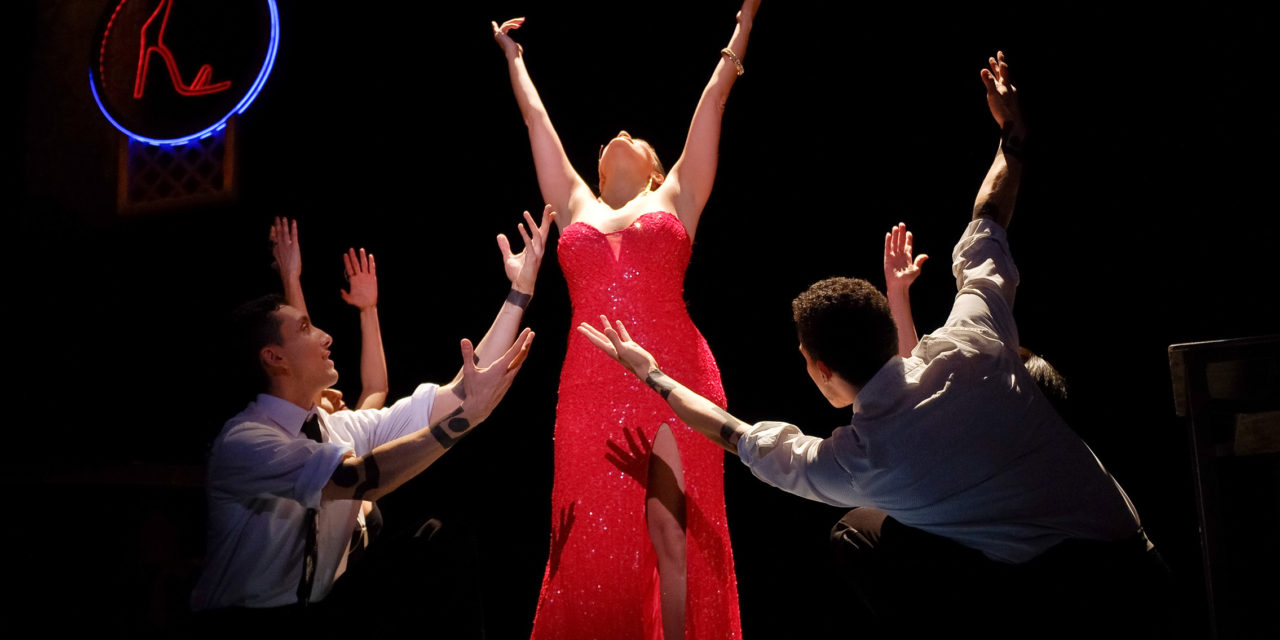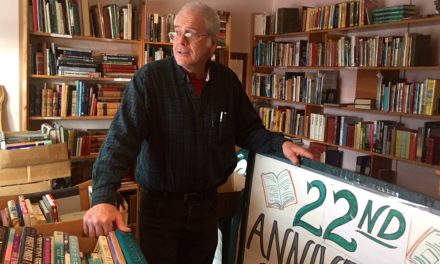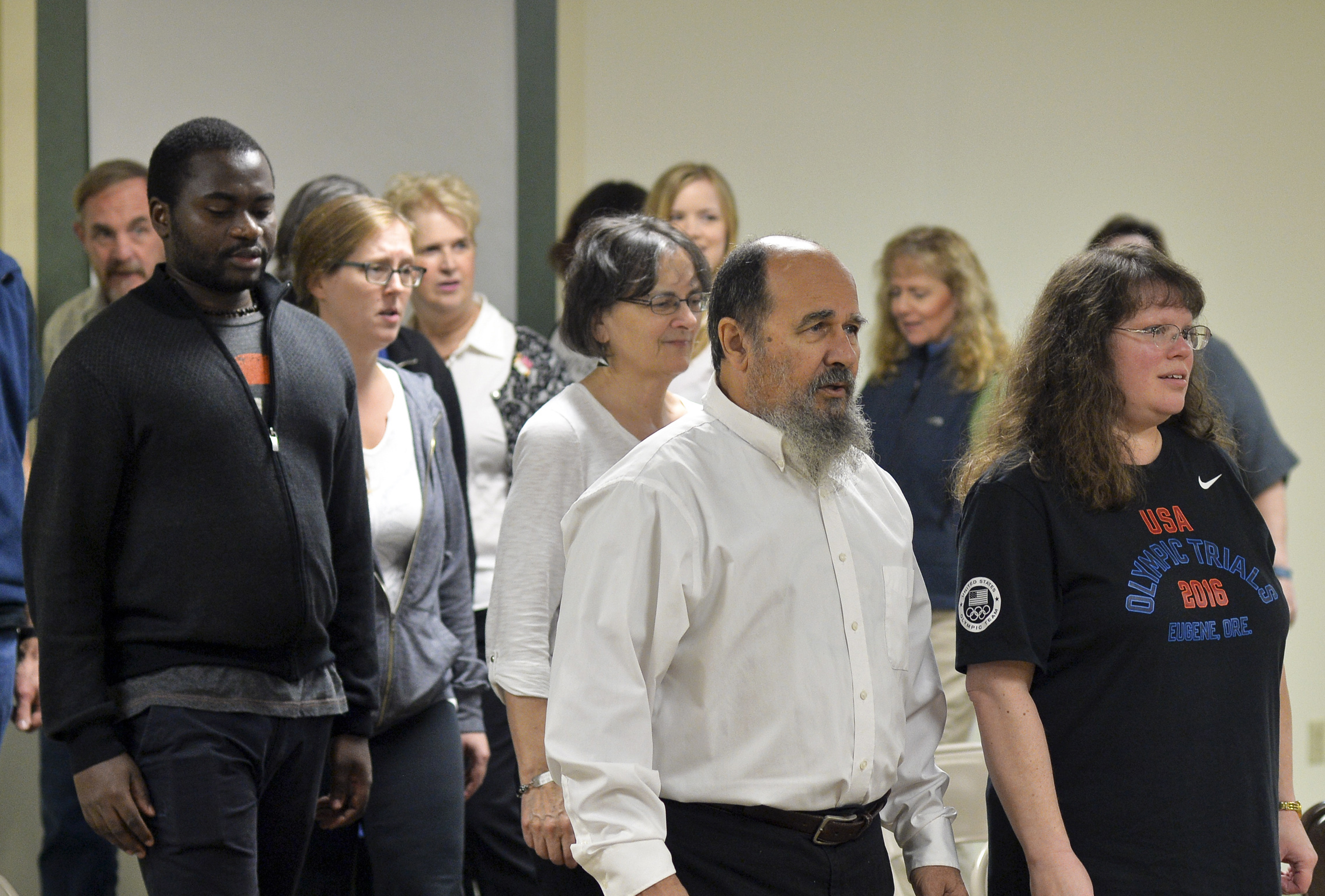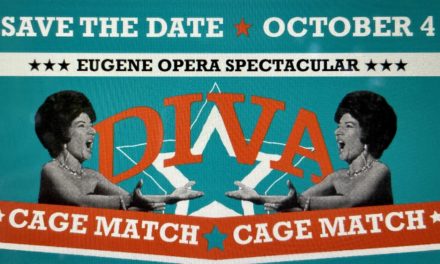(Above: Catalina Cuervo starred in María de Buenos Aires on the Eugene Opera in the Soreng Theater at the Hult Center for the Performing Arts in May 2018; photo by Paul Carter)
By Randi Bjornstad
A few days ago, regular donors to the Eugene Opera got a letter from executive director Erika Rauer, announcing some major changes to the way the opera company will be operating, at least during the upcoming 2019-20 season.
Some of the changes — including giving up full resident company status at the Hult Center for the Performing Arts — are mainly the result of lower-than-hoped-for financial support in terms of donations from patrons in the Lane County community, .
That means that Eugene Opera may continue to put on its major productions at the Hult Center, but it also can look for less-expensive theaters and stages throughout the community to accommodate smaller types of performances.
It also means that, at least for the 2019 New Year’s Eve, those who have counted for years or even decades on welcoming in the new year after attending the opera won’t be doing it this year.
Instead, Eugene Opera’s fully staged opera of the 2019-20 season will be onstage in the Silva Concert Hall at the Hult Center on March 13 and 15, 2010, when Tosca will be performed.
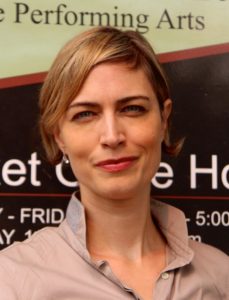
Decisions have not been made yet about the rest of the coming season, executive director Rauer said, but it could include readings of new operas and chamber operas, outdoor productions, more family and educational performances, and simpler operas on other local stages.
However, the remainder of the 2018-19 season will not be affected. That includes two performances of As One, a chamber opera by Laura Kaminsky that examines the coming of age of a transgender woman, which premiered in New York City in 2014.
Those performances in the Soreng Theater at the Hult Center for the Performing Arts at 7:30 p.m. on Friday, May 17, and 2:30 p.m. on Sunday, May 19. Tickets are available at the Hult Center box office, 541-682-5000, or online at eugeneopera.org or hultcenter.org
Eugene Scene sent Rauer a series of questions about the changes at Eugene Opera. Here are the questions and her answers:
What will happen to the traditional New Year’s Eve production?
There will not be a New Year’s Eve Silva production in 2019. It isn’t possible to do Tosca at New Year’s due to artistic challenges with producing the show and the way the calendar falls this year. We’re looking at the possibility of an alternative event such as a gala or fundraiser that night, but we want to make sure we will get good attendance if we do that.
We’ll be looking at the New Year’s date for the year after and making a decision when we know more about the repertoire for 2020. We understand it is a beloved tradition in Eugene, so all of that will be carefully weighed with the challenges of producing our one major work in Silva Hall at that time of year.
What are the resident company requirements at the Hult Center in terms of additional financial cost to Eugene Opera?
We have been a Tier 2 Silva Resident Company. We are required to produce two events in Silva Concert Hall and a third event either in Soreng Theater or Silva Concert Hall. Alternately, we can raise a certain amount of the Patron User Fee (PUF), but that would require near sell-outs for all shows, which we can not guarantee. Given that a typical opera in Silva Hall costs us upwards of $200,000, these requirements are no longer a good fit for our budget size.
What non-traditional venues are you considering?
We are open to exploring all sorts of news spaces, obviously the theatrical spaces in town. The Shedd, Wildish Community Theatre, UO’s Beall Hall, Lane Community College, the McDonald Theater and Cuthbert Amphitheater are all on our radar. In terms of non-traditional spaces we’ll look at galleries, museums, breweries, bars — the repertoire will determine the way we go. We are looking at one work that takes place in a boxing gym!
What is the overall financial situation for Eugene Opera right now?
The financial situation is stable and secure right now, and we are looking at another year with a modest surplus. We have some significant cash reserves, which we did not have two years ago or when I started in this position. That said, we could easily use up those reserves in two years if we return to producing three works in the Hult Center each year.
We are making the decision to leave the (Hult Center) residency from a proactive standpoint of looking three years down the road. We don’t want to be in another crisis at that time having not made the hard decisions when we were actually in a strong position.
Despite this position, individual contributions are down pretty significantly from last year, which I attribute to the new tax laws as well as a general perception that we are in a good position. Even in the best scenario, ticket sales only cover about 30 percent of our costs, so we rely very heavily on donations from individuals. We are fortunate that several major grants have come through this year, which I attribute to our renewed financial stability, which will bridge the gap and get us to a balanced budget.
What does meeting the financial goal of $45,000 by June 30 mean to the overall functioning of Eugene Opera? What will happen if it is not met?
The positive financial prognosis I described requires us to meet the $45,000 challenge. I have every confidence that we will do so. If for some reason we do not, we will have to use reserves to balance the budget.
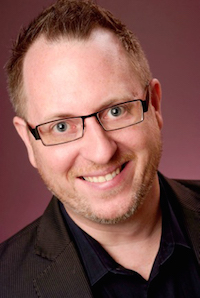
How do these changes affect (artistic director and conductor) Andrew Bisantz’s role with Eugene Opera?
Andrew (Bisantz) will be very much involved with programming and casting decisions, as he is now. He is on the forefront of a lot of innovative work happening at companies such as Opera Saratoga and American Lyric Theater in New York, which means that he knows what projects are in the pipeline in new opera development and can help bring some of those works to Eugene. In a way, this provides a broader platform for his skill set and allows us to benefit from his industry connections even more than before.
For more information about Eugene Opera, its coming season and its financial and performing future, email erikarauer@eugeneopera.org or
call Eugene Opera at 541-485-3985.

